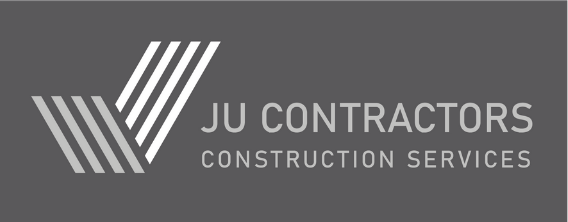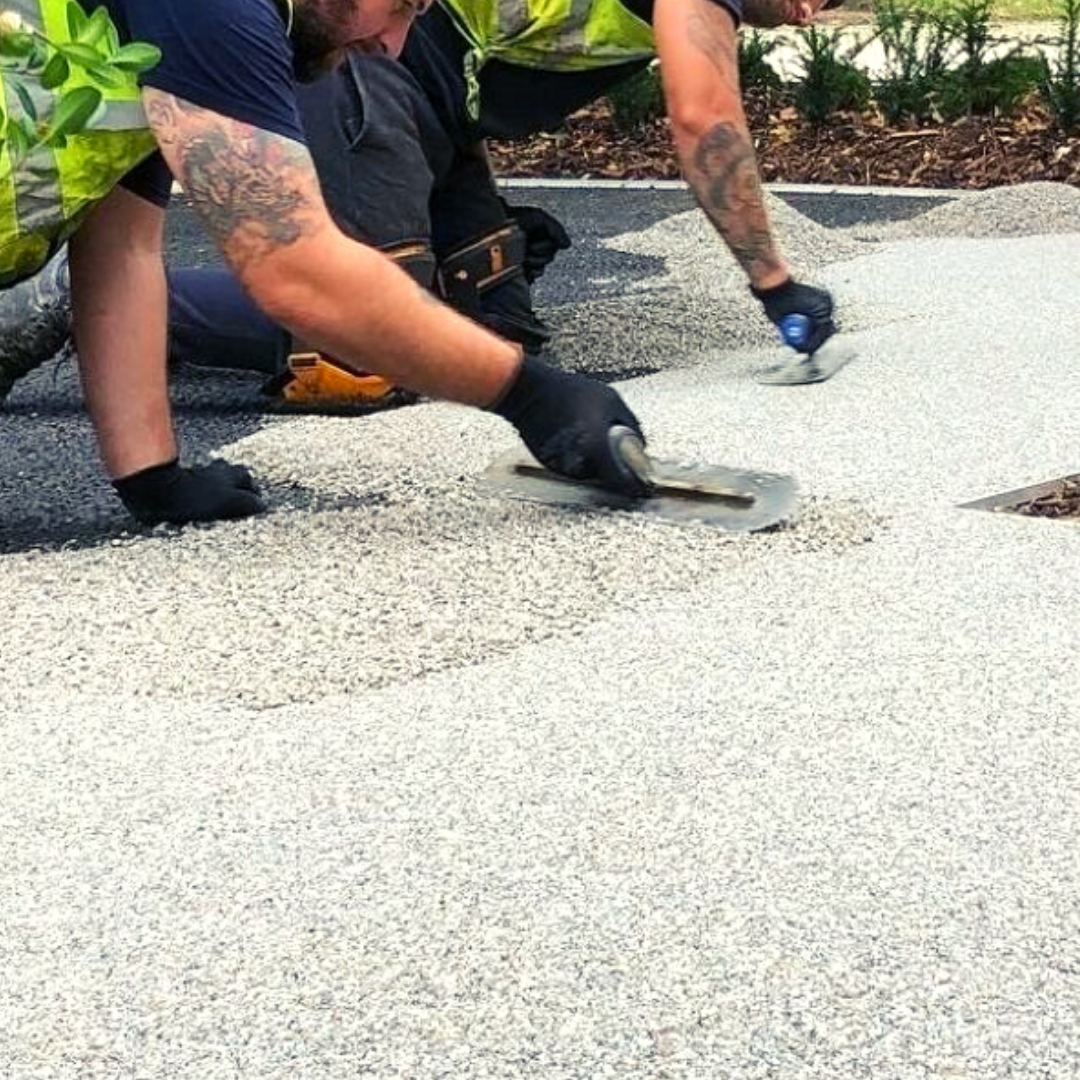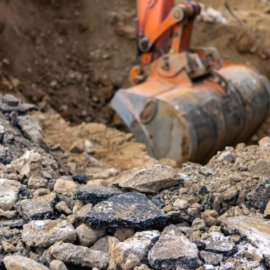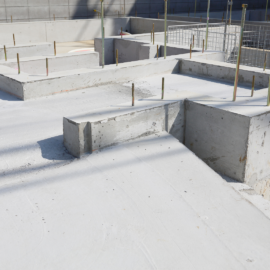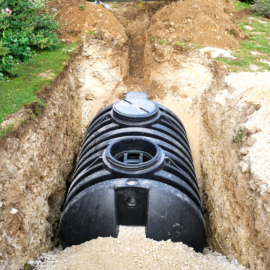What is The Difference Between Resin Bonded and Resin Bound?
At J U Contractors we also provide some domestic services alongside our commercial contracting services. This includes supplying and installing Resin Bound Driveways and pathways.
The confusion surrounding the differences between bound and bonded driveways likely stems from the fact that they sound like they’re exactly the same thing.
Although both are constructed from the same base materials, there are many subtle differences between resin bound and resin bonded driveways.
One major difference between the two is that in a resin bonded system, the stone is only bonded to the resin on one side. In contrast, a resin bound driveway features a multi-layer stone surface, with a much smoother finish.
What Can Resin Bound Surfacing Be Laid On?
The fact that resin-bound surfacing is a thin section screed (12 to 18mm) and can be laid on existing surfaces (concrete, tarmac, paving etc.) is actually one of its main strengths. It can permanently cover a multitude of sins, and look great! Existing tired Tarmac driveway? Cracked concrete patchwork slab in your garden? With a little TLC, these can be overlaid with a seamless flexible natural aggregate bound in clear resin. And the result looks incredible! No digging up of bases, no need for skips and no need for the mess!
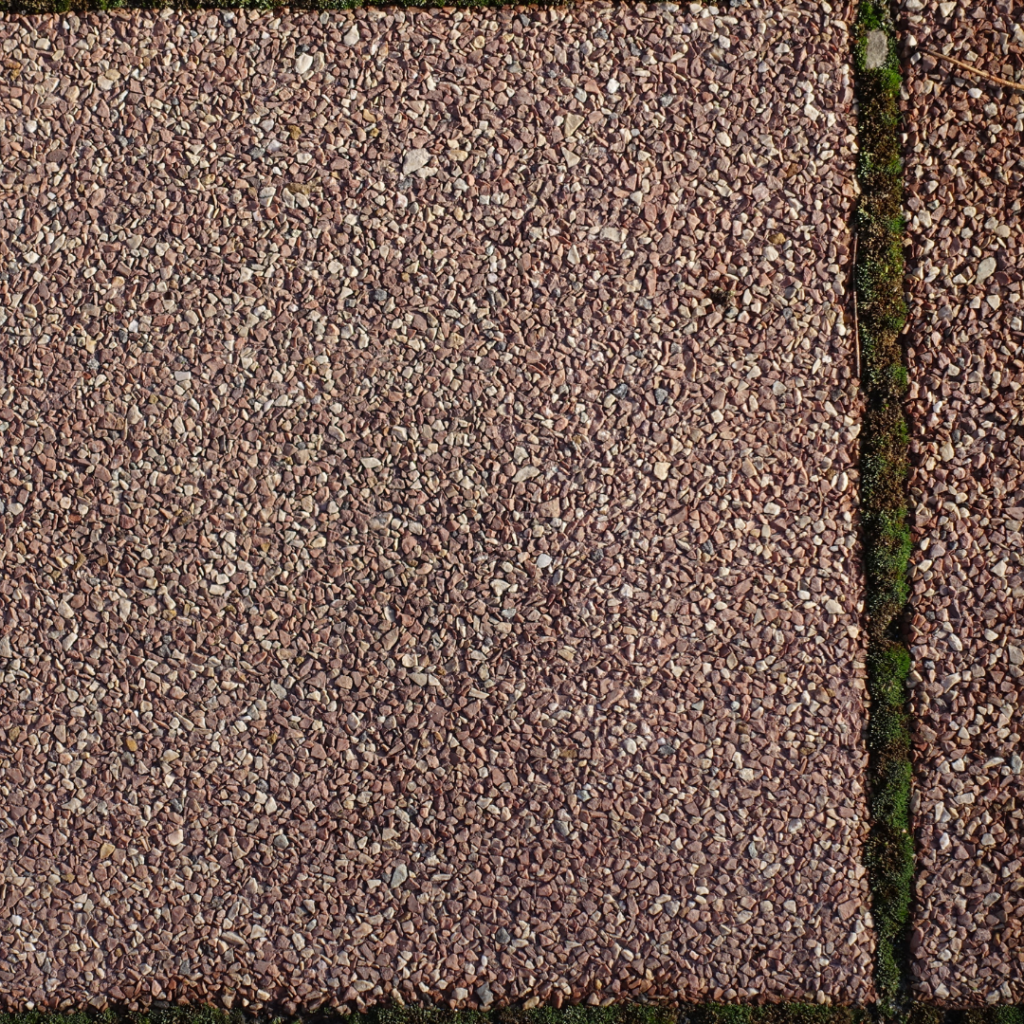
Can Resin Bound Be Laid on Concrete?
Yes! But we recommend you prime the concrete surface first before application of resin-bound. Resin-bound surfacing does bond well to concrete surfaces. Concrete is capable of absorbing moisture but it is not permeable. And therefore care should be taken to install sufficient ‘falls’ and drainage when installing a concrete base, or laying over existing concrete. A 1 in 100 fall towards a drainage point would usually be sufficient to prevent ponding of water on a driveway.
Are Resin Bound Driveways Permeable?
You should note that resin bound is still permeable, so the drainage should be set at the height of the concrete and not the top of the resin-bound screed. Resin-bound surfacing is water-permeable when placed on an open surface asphalt. On the other hand, resin bonded surfacing is non-permeable and must be laid on a non-porous fine wearing course asphalt or a concrete base.
Resin Bound vs Block Paving
A Resin Bound surface is very easy to maintain, and arguably lower maintenance than Block Paving. Block Paving can be susceptible to weed growth between slabs and can fade after UV exposure. They also need regular pressure washing to keep their natural vibrancy.
Resin Bound rarely needs anything more than a light pressure wash once or twice annually – rainwater does most of the work for you. Any other stubborn dirt can often be removed with soapy water or common household detergents. Read more about Resin Bound driveways here.
Can Resin Bound Be Laid on Block Paving?
You cannot lay resin bound permeable paving directly on some surfaces. This includes flags, block paving, MOT type 1 or brick paving. This is due to the fact they are not a solid base. If there is any movement or settlement in the base, the resin-bound system will crack.
